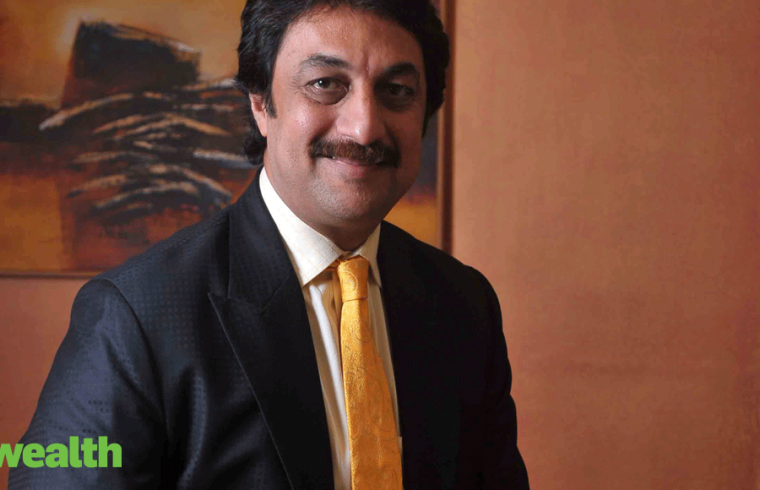
NEW DELHI: When most investors swear by the investing principles of fabled names like Warren Buffett and Peter Lynch, Shankar Sharma says following these legends has been the biggest mistake of his life.
“If I have to be granted a wish, I want another 25 years. Because I do not want to repeat the mistakes of the past 25 years in investing. The biggest of those mistakes was following the investing greats like Buffett, Philip Fisher or Peter Lynch. Because what they gave us had no method,†Sharma said at a conference on Tuesday.
He said what these investing greats gave the investor fraternity was a personalised approach to investing, which is not a scalable way of looking at businesses or companies, because they exist in different geographies or markets.
The investing style followed by Buffett, which is based on buying excellent businesses at fair prices, has been criticised in an era when most growth companies, especially those from the technology sector, are available at expensive prices. This left his followers behind when tech stocks saw the rally of their lifetime.
Buffett’s strategy has also trailed S&P500 in terms of returns in recent years, giving more ammunition to his critics. For example, shares of Berkshire Hathaway, the holding company for all of his investments, are up 46 per cent from their March lows while the S&P500 has added 62 per cent since then.
“My learning today is that you do not need to do it that way (i.e. follow investing greats). Actually, it is the exact opposite (that you need to do). You need to have breadth analyses than depth of analysis. This requires you to understand many things rather than understand few things very well,†said the Founder of First Global.
He said if an investor is able to broaden his understanding, then it can increase his ability to look at many factors, and therefore, you do not need to buy only one stock or put all your eggs in a couple of baskets. That is the single biggest mistake we all make, he said.
Shankar Sharma-led First Global’s flagship fund, The India Super 50 PMS Portfolio, has delivered 19.50 per cent returns since inception and 21 per cent in last six months against 3.8 per cent negative and 19.6 per cent positive returns for NSE500 index for the comparable periods, data available with PMS AIF World showed.
The strategy is invested in 52 stocks and its top holdings include RIL, Tube Investments, Bharti Airtel, Alkyl Amines Chemicals and AstraZeneca Pharma.
Another Shankar Sharma strategy, Indian Multi-Asset Allocation PMS, has however underperformed NSE500 over the past six months, rising just 9.1 per cent against a 13.20 per cent gain for the latter. This strategy is heavily tilted towards gilt and gold, and not equity.
“You can actually make a billion dollars by buying 25 stocks. In fact, you can make even more by buying 100 stocks,†Sharma said. He has been advocating diversification of investments for a while now, as he believes this reduces the risk factor involved in buying a single stock.
Tips for new investors
Sharma shared a few tips for new and young investors who have entered the market this year during the peak Covid crisis, which include learning to manage risks and avoid investing in just one stock.
“Today, you will see even the experienced fund managers putting 10-20 per cent of the fund in a single stock. This is recipe for disaster. Merely because it worked doesn’t mean it was right,†he said.
The seasoned investor said new investors should be humble, and not be high on the recent success in the market. “Humility will teach you risk management. And, losses will come out of lack of risk management,†he said.
His second piece of advice was to learn all forms of investing and trading, and not just focus on what the investing greats have professed.
“The more the skills you add, the better would be the strike rate. If you understand trading, you will become a better investor at some point. Because, you will be able to judge the pulse of the market in a far better way than a fund manager who has not understood all this,†he said.






